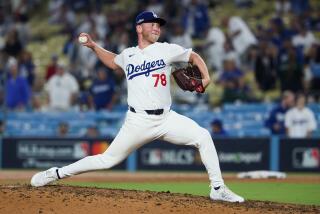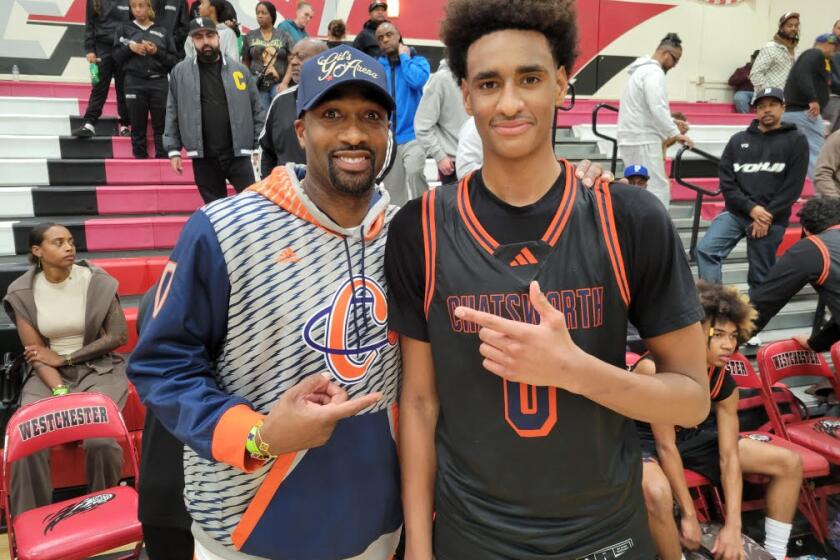Bob Gibson Was Virtually Unhittable in 1968
Of all the pitchers who dominated major-league batters in 1968, Bob Gibson was the most intimidating.
Denny McLain won 31 games for Detroit and San Francisco’s Juan Marichal paced the National League with 26 victories, but big No. 45 of St. Louis just plain scared people. And for good reason. In a Hall of Fame career packed with superlatives, Bob Gibson rode a wicked slider and an even nastier disposition to immortality that season.
“When Bob Gibson pitched the way he did in 1968, a lot of right-handed batters in the National League came down with Gibbyitis,” says Chicago Cubs Hall of Fame outfielder Billy Williams. “That’s when a guy would know Gibson would be pitching the next day and suddenly he scratches himself from the lineup. Gibson was a tough guy out there on that mound. No hitter knew him; he looked at you like you were trying to take bread off his table.”
Gibson did things in ’68 that may not be seen again in big-league ballparks. In 34 starts, he threw 13 shutouts and held opposing clubs to just one run in another nine games. At the age of 32, the 6-foot-1, 195-pound right-hander allowed just 198 hits in 305 innings while setting an NL record with a 1.12 ERA.
How Gibson lost nine of his 31 decisions that season remains one of baseball’s enduring mysteries.
“It was the best control I ever had,” says Gibson, looking back at his Cy Young Award and MVP season. “But I was building up to that kind of season, getting a little better every year. Right from the start of the season, I threw the ball where I wanted. At one point, I pitched 103 innings and gave up three runs and lost all three games.”
Gibson yielded only 27 runs over his nine losses, including a pair of 1-0 setbacks and a 2-0 defeat. In Game 1 of the World Series, he embarrassed the overmatched American League champions, striking out a record 17 Tigers in a 4-0 triumph against McLain.
“It was a good feeling showing up at the ballpark and knowing the hitters were saying to themselves, ‘Damn it, Gibson’s pitching today,”’ says Gibson. “I threw fastballs and sliders and I’d throw curves to left-handed batters only. I used to hang the curve sometimes, but hanging it to a left-hander isn’t that bad. If I was ahead 0-2, I’d take one pitch and fool around with it, then it was right back to my best pitch.”
The brilliance of Gibson’s ’68 season didn’t register on him until later years.
“At the time, you’re too caught up with what you’re doing,” he says. “What I’m even more proud of than the 1.12 ERA that season is my consistency over the years ... the longevity of producing and winning.”
During a six-year stretch beginning in 1965, he won 20 or more games five times. In other years he won 19 twice and 18 once, ending his 17 seasons at 251-174. He lost more than he won only in his first two years (1959-60), and almost inevitably, his last two (1974-75).
More to Read
Go beyond the scoreboard
Get the latest on L.A.'s teams in the daily Sports Report newsletter.
You may occasionally receive promotional content from the Los Angeles Times.










